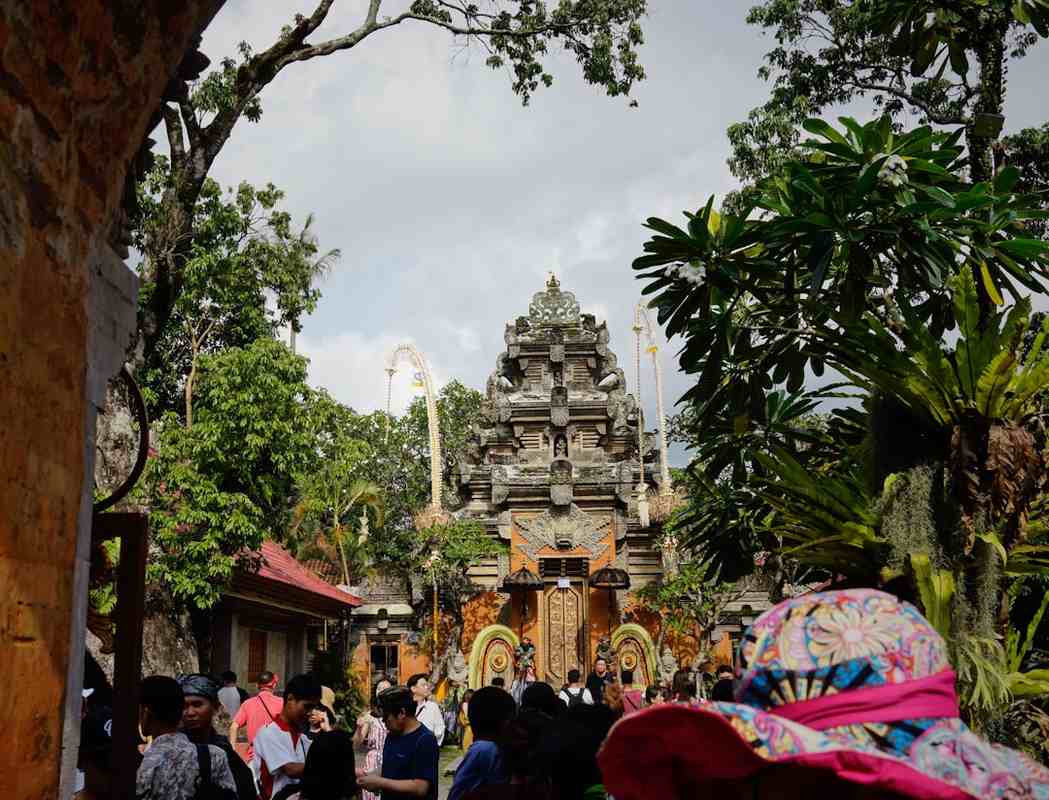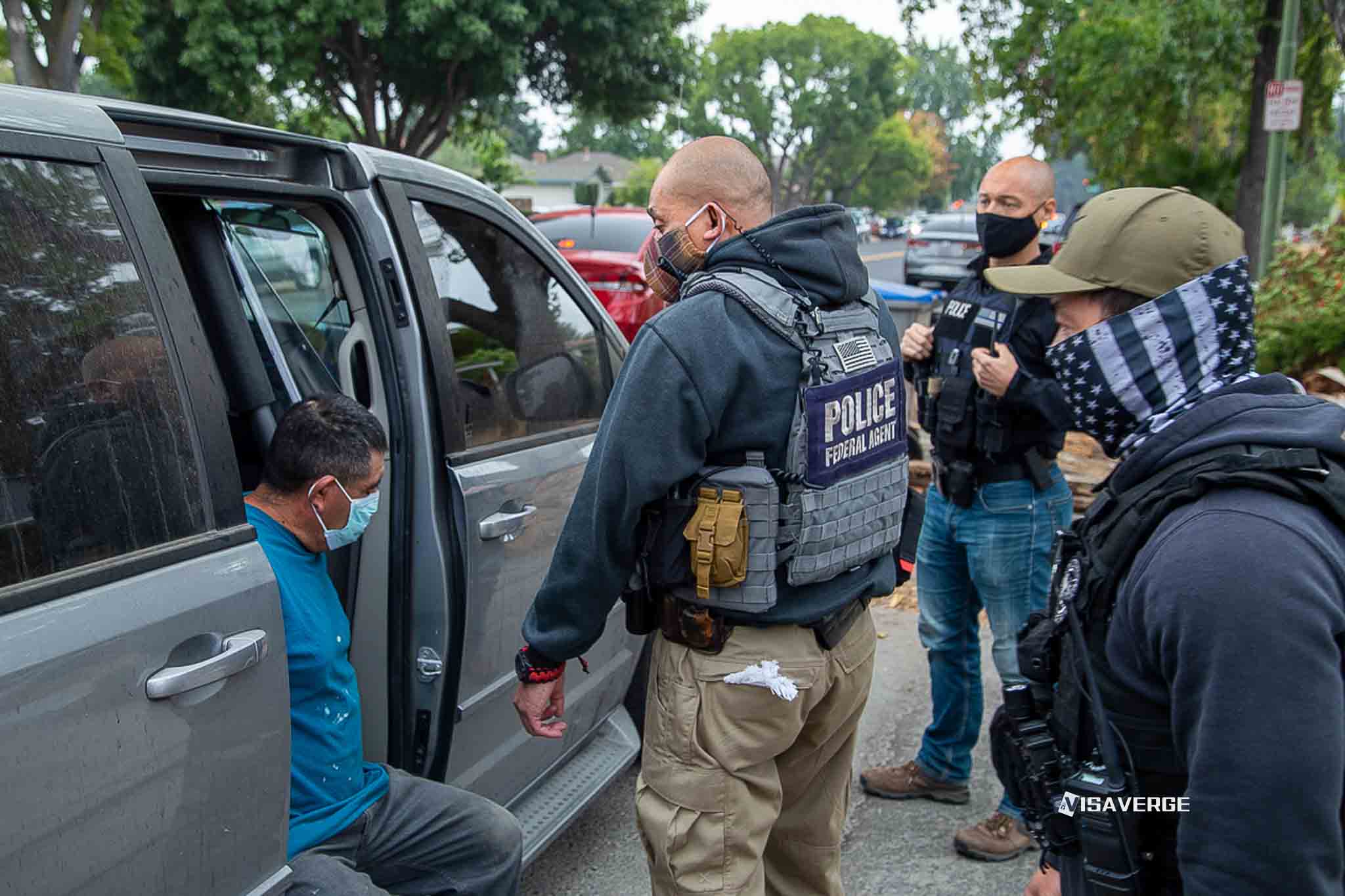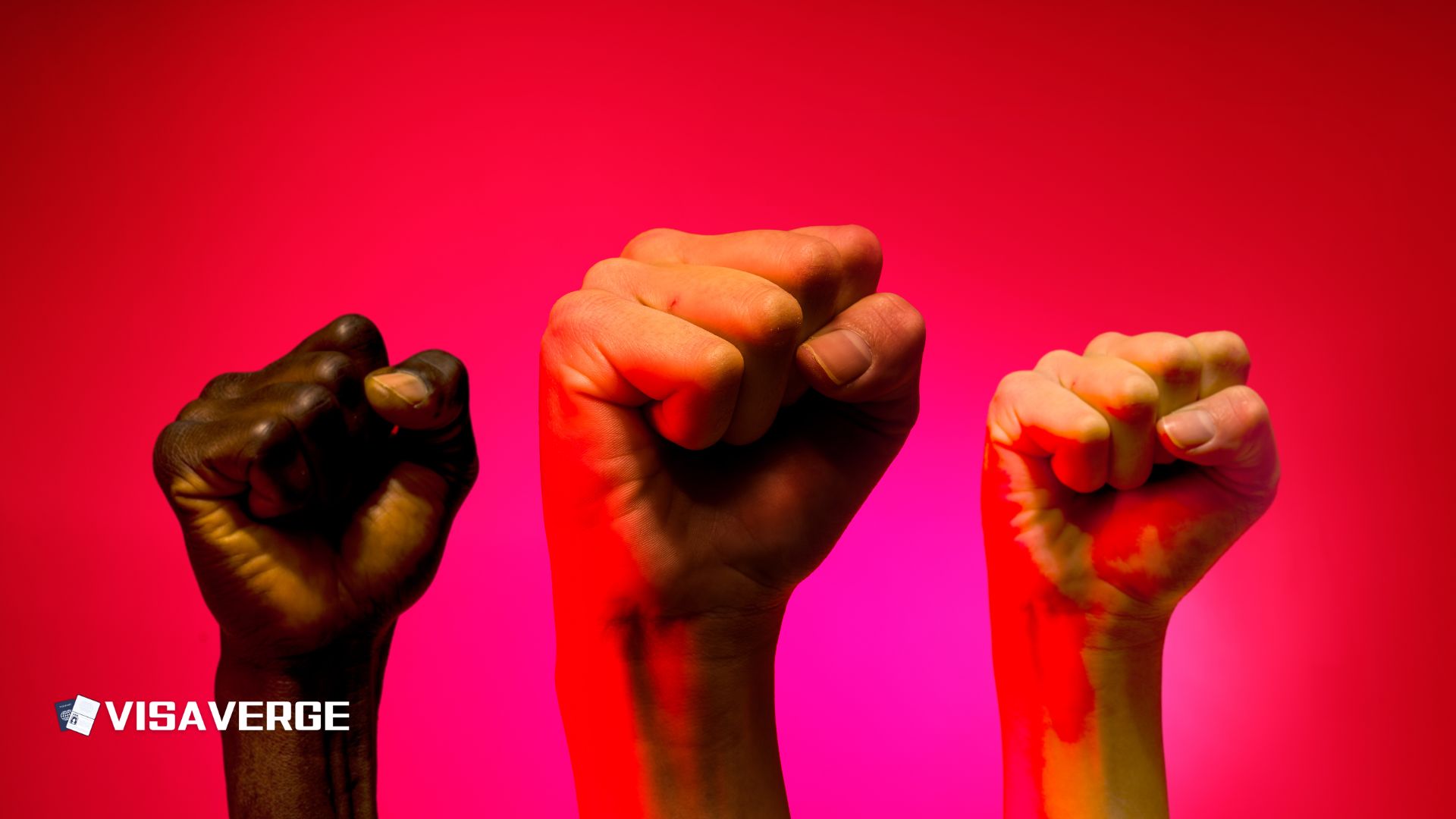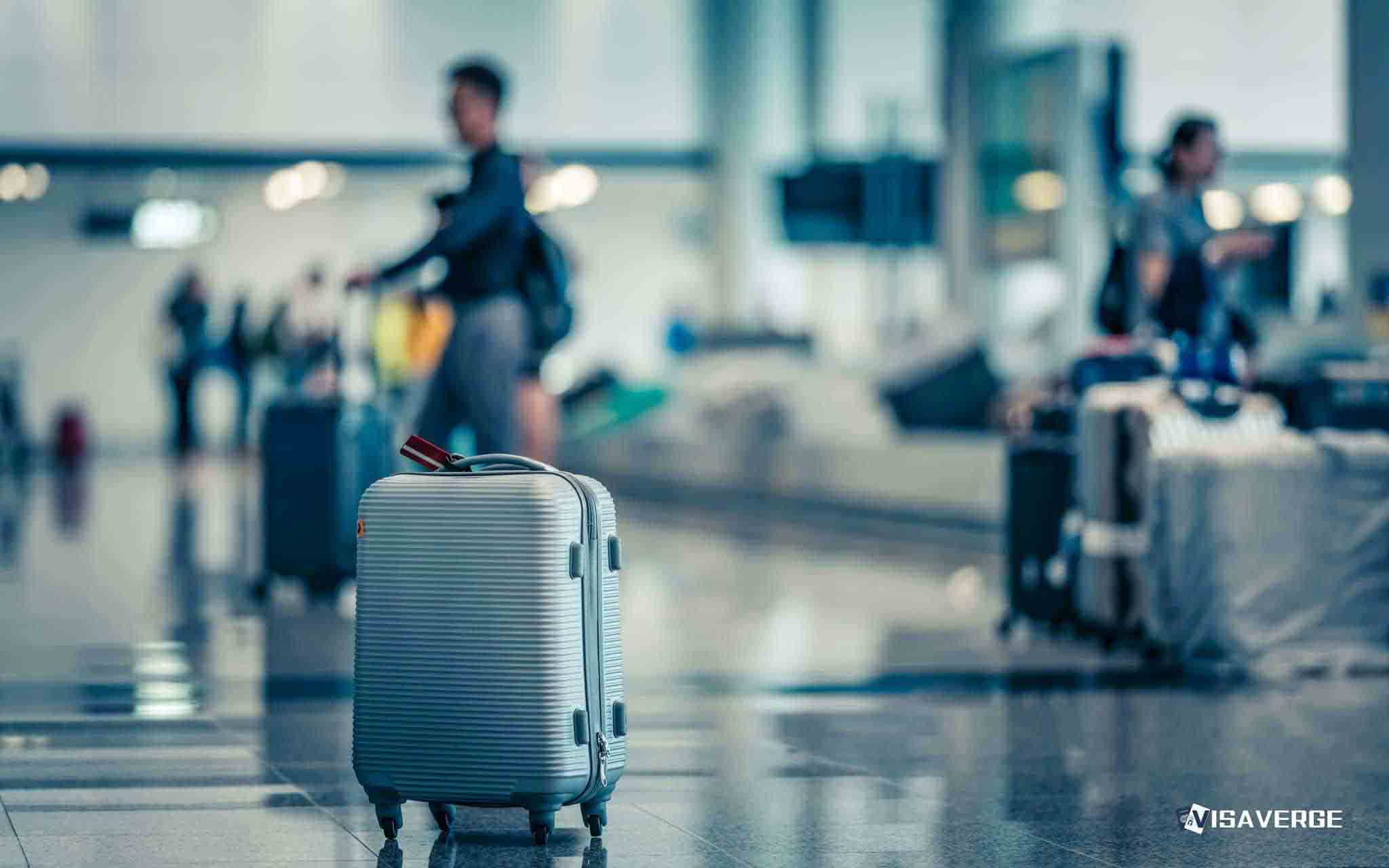(MIAMI, FLORIDA) Miami immigrant advocates are stepping up pressure on FIFA and the Miami Host Committee to keep immigration enforcement away from World Cup venues in 2026, citing reports of federal agents at recent soccer events and growing fear among fans. As of October 6, 2025, neither FIFA nor Miami-Dade officials have made a public commitment to bar Immigration and Customs Enforcement (ICE) or U.S. Customs and Border Protection (CBP) from stadiums and fan zones. Activists say the clock is ticking for clear, written protections.
Core demand and rationale
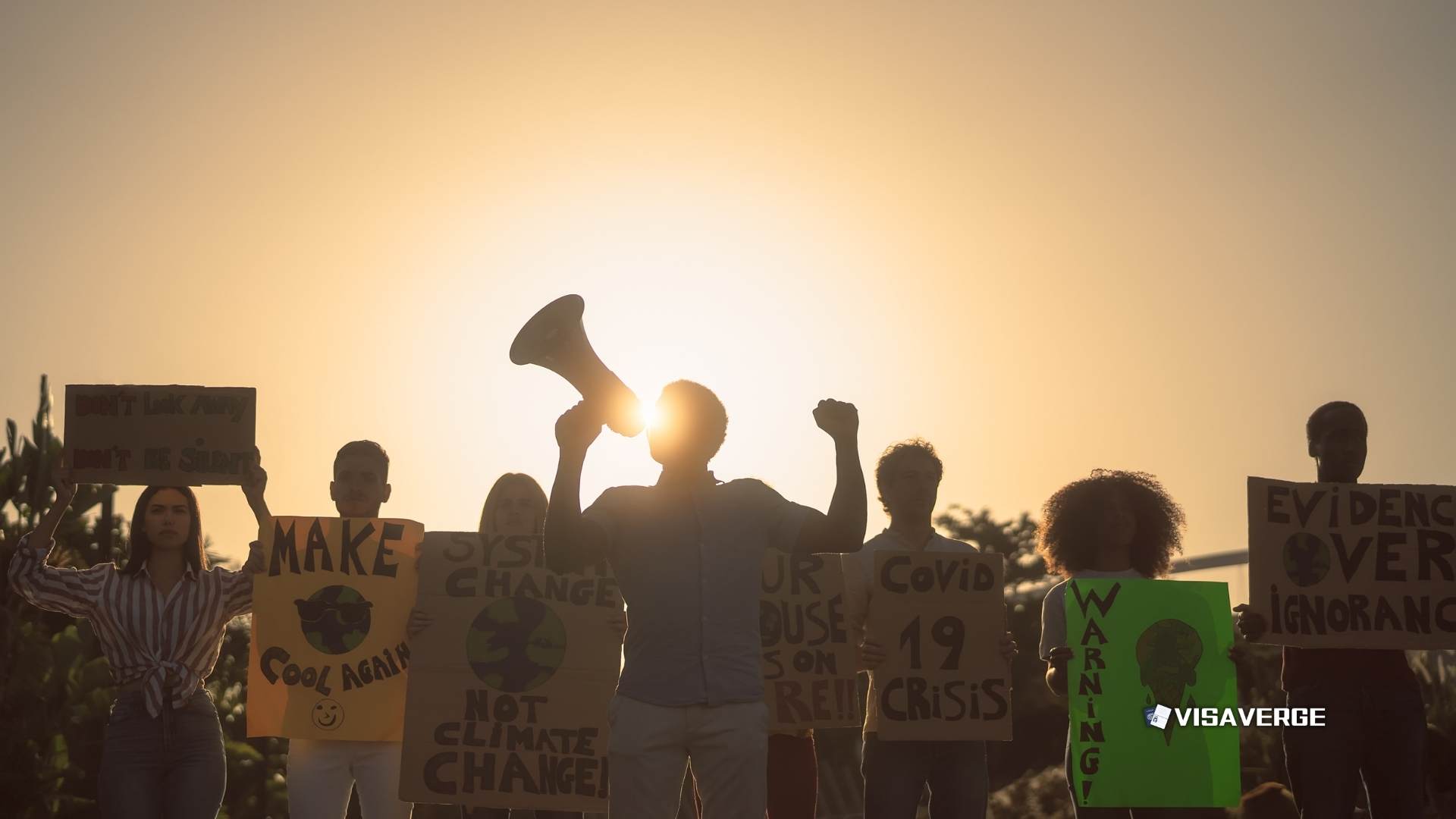
At the center of the campaign is a simple demand: no ICE or CBP presence “in or near” stadiums, transportation hubs serving games, or official fan events.
Organizers argue any World Cup human rights plan is incomplete without explicit protections for immigrant fans and local residents. They warn of risks that include:
- Racial profiling
- Due process problems
- Family separations if immigration checks occur amid large crowds
The concern is heightened in Miami-Dade, a county with a large immigrant population and a long history of federal-local cooperation on deportation.
Incidents that intensified the push
The advocacy push gained momentum after reports of ICE and CBP visibility at the 2025 FIFA Club World Cup events in Miami, including the opening match and related festivities.
- A CBP social media post, later deleted, appeared to confirm the agency’s security role at the games.
- There were accounts of CBP boarding a kickoff party boat and questioning attendees about immigration status.
Those incidents fueled calls for a formal policy to prevent similar actions during the 2026 tournament.
Local organizing and public finance concerns
Local groups—joined by public figures like filmmaker Billy Corben—have:
- Held rallies
- Sent letters
- Sought meetings with FIFA and the Miami Host Committee
They argue FIFA’s broad human rights language means little without event-specific rules on immigration enforcement. They also point to the public cost of hosting.
Miami-Dade is investing taxpayer funds, with subsidies described in public discussions ranging from $46 million to $60 million, at a time when the county faces a budget deficit. Advocates note:
“Public dollars shouldn’t support events that could lead to detentions or deportations.”
Policy backdrop and federal enforcement climate
Advocates link today’s fears to the wider national context under President Trump. New executive orders and travel bans have affected fans from dozens of countries, while high-visibility ICE operations in cities like Los Angeles and Miami have added to community worry.
Miami-Dade’s cooperation with ICE under a 287(g) agreement, which allows certain local officers to act with federal immigration authority, remains a local flashpoint.
FIFA, for its part, has stated a general commitment to human rights. But as of October 2025, it has not publicly addressed whether it will bar immigration enforcement at or near World Cup venues in Miami. Nor has FIFA met with the coalition pressing for changes, despite repeated requests. That silence has kept pressure high on the Miami Host Committee and county leaders to take up the issue directly and provide written guarantees before the first tickets are scanned.
Advocacy groups also note that federal agencies already have internal guidance limiting enforcement at certain “protected” locations, such as schools and places of worship. However, they say those guidelines:
- Do not clearly cover major sports venues or temporary fan zones
- Can be changed or interpreted differently in practice
For context, readers can review the Department of Homeland Security’s protected areas guidance, which outlines where ICE and CBP generally avoid actions, on the official DHS website: DHS Protected Areas Guidance.
Specific local demands and the current status
The coalition’s specific asks include:
- A written prohibition on immigration enforcement at stadiums and official fan events.
- A public meeting between FIFA, the Miami Host Committee, and immigrant community representatives.
- An event-specific human rights plan naming protections for immigrant fans.
According to analysis by VisaVerge.com, similar host-city debates have surfaced ahead of past mega-events, where the lack of clear rules left vulnerable communities unsure about attending.
So far, activists say, none of their core demands have been met. No formal agreement is in place as of October 6, 2025. Key gaps:
- FIFA has not publicly responded to calls to restrict immigration enforcement at World Cup sites.
- Miami-Dade officials have not issued a county-level policy addressing whether ICE or CBP can operate in or immediately around stadiums and designated fan zones.
The result is a gray area that worries both local residents without status and international visitors who fear questioning based on accent or appearance.
Human impact and broader consequences
The human impact is plain. Miami-Dade is home to many mixed-status families—households where some members are citizens or permanent residents and others lack status or hold temporary visas.
- A day at the stadium could turn tense if fans encounter agents at entry or on transit routes.
- Even the rumor of an enforcement checkpoint can keep families away.
- Advocates warn this chill could blunt the festive atmosphere the World Cup promises, undercutting tourism and local spending that leaders have promoted.
Concerns extend to ticketed visitors from abroad. Visa delays and new travel restrictions can squeeze fans from affected countries, including those hoping to follow their teams in the United States 🇺🇸. Advocates say adding possible enforcement near venues only compounds trip-planning stress.
Practical guidance for fans
With no hard policy in place, community groups are sharing basic safety steps while they press for formal protections. Recommendations include:
- Carry copies of identity documents
- Know emergency contacts
- Set clear meeting points in case family members get separated
- If approached by an officer: stay calm, ask if you are free to leave, and avoid signing documents you don’t understand
- Follow updates from local advocacy groups, FIFA, and the Miami Host Committee
Next steps sought by advocates and possible FIFA responses
Advocates are asking county leaders, including Mayor Daniella Levine Cava, to use their influence with FIFA and local law enforcement partners to set event rules that protect immigrant communities.
They want:
- A clear statement that ICE and CBP will not conduct operations at or near stadiums, transit hubs serving match days, or official World Cup fan events
- Community engagement sessions so residents can ask questions directly and receive information in multiple languages
FIFA’s next public steps will be watched closely. Possible positive moves that would ease concerns:
- A written policy barring immigration enforcement at venues during competition periods
- A meeting with local groups and the Miami Host Committee to begin rebuilding trust
- Event-specific guidance delivered early—before volunteer training and security planning lock in
Ongoing actions and final notes
For now, protests and public pressure continue. Organizers say they will keep showing up at county meetings, FIFA-related events, and press gatherings to press their case.
They argue that Miami’s investment in the tournament deserves protections that match the city’s identity as a global hub built by immigrants. Without clear rules, they warn, fear will hang over a celebration meant to bring the world together.
Key takeaway: Without written, event-specific protections, immigrant communities and international visitors face uncertainty and potential harm during the 2026 World Cup in Miami.
This Article in a Nutshell
Immigrant advocates in Miami are demanding explicit, written protections to keep ICE and CBP away from 2026 World Cup venues, transit hubs, and official fan zones. The campaign gained momentum after reports of federal agents at 2025 Club World Cup events in Miami, including a deleted CBP social post and accounts of officers questioning attendees at a kickoff boat party. Activists want a formal prohibition, public meetings with FIFA and the Miami Host Committee, and an event-specific human rights plan. Miami-Dade has allocated significant public subsidies—between $46 million and $60 million—yet as of October 6, 2025, neither FIFA nor local officials have provided written guarantees. Advocates warn that uncertainty and fear of enforcement could deter fans, harm mixed-status families, and undercut tourism unless authorities enact clear, enforceable protections and community engagement measures.









